
Dr. Jeffrey Weber of NYU Langone Health’s Perlmutter Cancer Center and Dr. Hope Rugo of UCSF Helen Diller Comprehensive Cancer Center are among the faculty featured in Evidence-Based Oncology™, a publication of The American Journal of Managed Care®.

Dr. Jeffrey Weber of NYU Langone Health’s Perlmutter Cancer Center and Dr. Hope Rugo of UCSF Helen Diller Comprehensive Cancer Center are among the faculty featured in Evidence-Based Oncology™, a publication of The American Journal of Managed Care®.
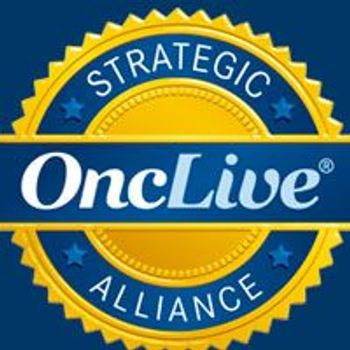
UW Carbone Cancer Center will begin treating adults with a “living drug” that employs their own immune cells to fight a common type of aggressive blood cancer.

CAR T- cell therapies are among the most expensive ever invented. For now, there’s a lot of uncertainty, as both government and commercial insurers, and a handful of the nation’s leading cancer centers, navigate a reimbursement structure that truly has no precedent.

CAR T-cell therapies tisagenlecleucel (Kymriah, Novartis) and axicabtagene ciloleucel (Yescarta, Kite Pharma/Gilead) may come with hefty price tags, but the cost-effectiveness of both therapies fell below or within commonly cited thresholds of $50,000 to $150,000 per quality-adjusted life years, according to a report by the Institute for Clinical and Economic Review.
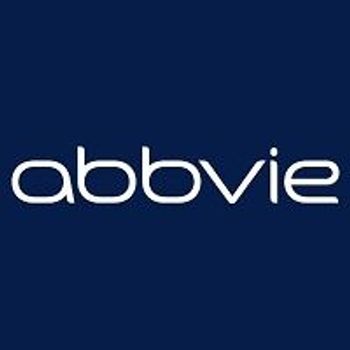
The collaboration intends to combine AbbVie’s clinical resources in monoclonal antibody develop with Voyager’s gene therapy platform.

Maintenance therapy with pazopanib significantly prolonged progression-free survival in patients with extensive-disease small-cell lung cancer, but with toxicity.

The US FDA has granted Priority Review designation for tisagenlecleucel (Kymriah) for treatment of adult patients with relapsed or refractory diffuse large B-cell lymphoma who are ineligible for, or have relapsed after, ASCT.

Abeona Therapeutics, Inc. announced that the FDA has granted Orphan Drug Designation to its ABO-202 program for the treatment of infantile Batten disease.

Adjuvant therapy with sunitinib after nephrectomy was associated with increased mortality among older women with renal cell carcinoma, according to a subgroup analysis of data from the ASSURE trial.

Fibrocell Science has submitted an Investigational New Drug Application (IND) with the FDA for a gene therapy candidate to treat moderate to severe localized scleroderma.

Research aiming to elucidate the underlying factors for oxidative damage to the trabecular meshwork in glaucoma has led to studies of alterations in gene expression that may ultimately guide the development of genetic therapy for glaucoma, said Carla J. Siegfried, MD, recipient of the 2018 Shaffer Prize for Innovative Glaucoma Research.

Research aiming to elucidate the underlying factors for oxidative damage to the trabecular meshwork in glaucoma has led to studies of alterations in gene expression that may ultimately guide the development of genetic therapy for glaucoma, said Carla J. Siegfried, MD, recipient of the 2018 Shaffer Prize for Innovative Glaucoma Research.

A long-term follow-up analyzing the toxic effects and results from a phase 1 clinical trial of adult patients with relapsed B-cell acute lymphoblastic leukemia (ALL) who were treated with CD19-specific chimeric antigen receptor (CAR) T cells found patients with low disease burden had a longer medial overall survival and a lower incidence of toxicity.

From 2002 to 2015, CD4 cell counts at the start of combination antiretroviral therapy (cART) increased, and the proportion of individuals with severe immunodeficiency at the start of cART decreased among all income groups, according to a study published in Clinical Infectious Diseases.

A single infusion of the anti-CD19 chimeric antigen receptor T-cell therapy tisagenlecleucel produced durable remissions in pediatric and young adult patients with relapsed or refractory B-cell acute lymphoblastic lymphoma.
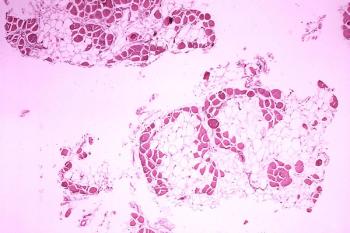
The U.S. FDA has granted Capricor Therapeutics RMAT designation for its lead investigational cell therapy for the treatment of Duchenne muscular dystrophy, CAP-1002.

Fibrocell Science announced the submission of an Investigational New Drug Application with the U.S. FDA for FCX-013, a gene therapy candidate for the treatment of moderate to severe localized scleroderma.

Biotechnology company Avrobio has completed a $60 million Series B financing to advance multiple gene therapies, including AVR-RD-01, a proposed single-dose lentiviral gene therapy for Fabry disease (FD).
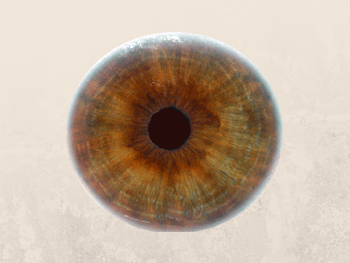
Rare pediatric disease designation was granted by the FDA to MeiraGTx’s A002 (ZZV2/8-hCARp.hCNGB3) for achromatopsia.
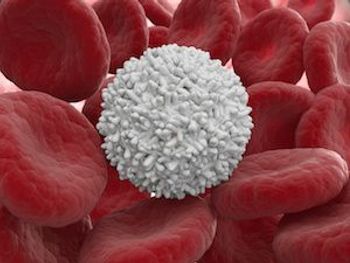
Final updated results of the pivotal phase 2 study that led to last year’s FDA approval of the first chimeric antigen receptor (CAR) T-cell therapy were published Wednesday in the New England Journal of Medicine.

Coverage from the 59th Annual Meeting and Exposition of the American Society of Hematology, December 9-12, 2017.

Chimeric antigen receptor (CAR) T-cell therapy has been named the Advance of the Year in ASCO’s Clinical Cancer Advances 2018. According to the annual report, CAR T-cell therapy is “poised to transform the outlook for children and adults with certain otherwise incurable cancers."

The annual update on oncology treatment highlights the most impactful clinical cancer research and policy developments over the past year in CAR T-cell therapy.
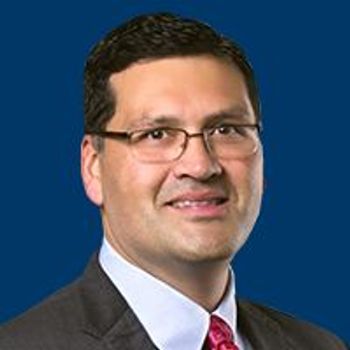
Jesus Berdeja, MD, discusses ongoing research with bb2121 in patients with relapsed/refractory myeloma.
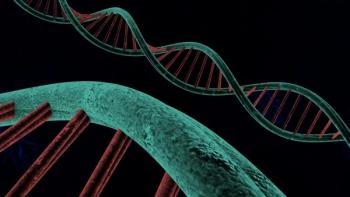
This morning, Abeona Therapeutics announced that the U.S. Food and Drug Administration granted EB-101, its gene therapy for epidermolysis bullosa, Regenerative Medicine Advanced Therapy designation.

Parent Project Muscular Dystrophy announced that the first patient with Duchenne muscular dystrophy has been dosed with microdystrophin gene therapy.

Nina Shah, MD, discusses immunotherapy and cellular treatments moving fast through the multiple myeloma pipeline, and the hope for CAR T-cell therapy to move up to earlier lines of treatment.

Brentuximab vedotin (Adcetris) has been approved by the European Commission for the treatment of patients with CD30-positive cutaneous T-cell lymphoma after at least 1 prior systemic therapy.

uniQure was granted Orphan Medicinal Product Designation from the European Medicines Agency for AMT-130, an investigational gene therapy for the treatment of Huntington’s disease.

Celgene has announced plans to acquire Juno Therapeutics, maker of the CAR T-cell therapy lisocabtagene maraleucel (JCAR017), for $87 per share, totaling approximately $9 billion.